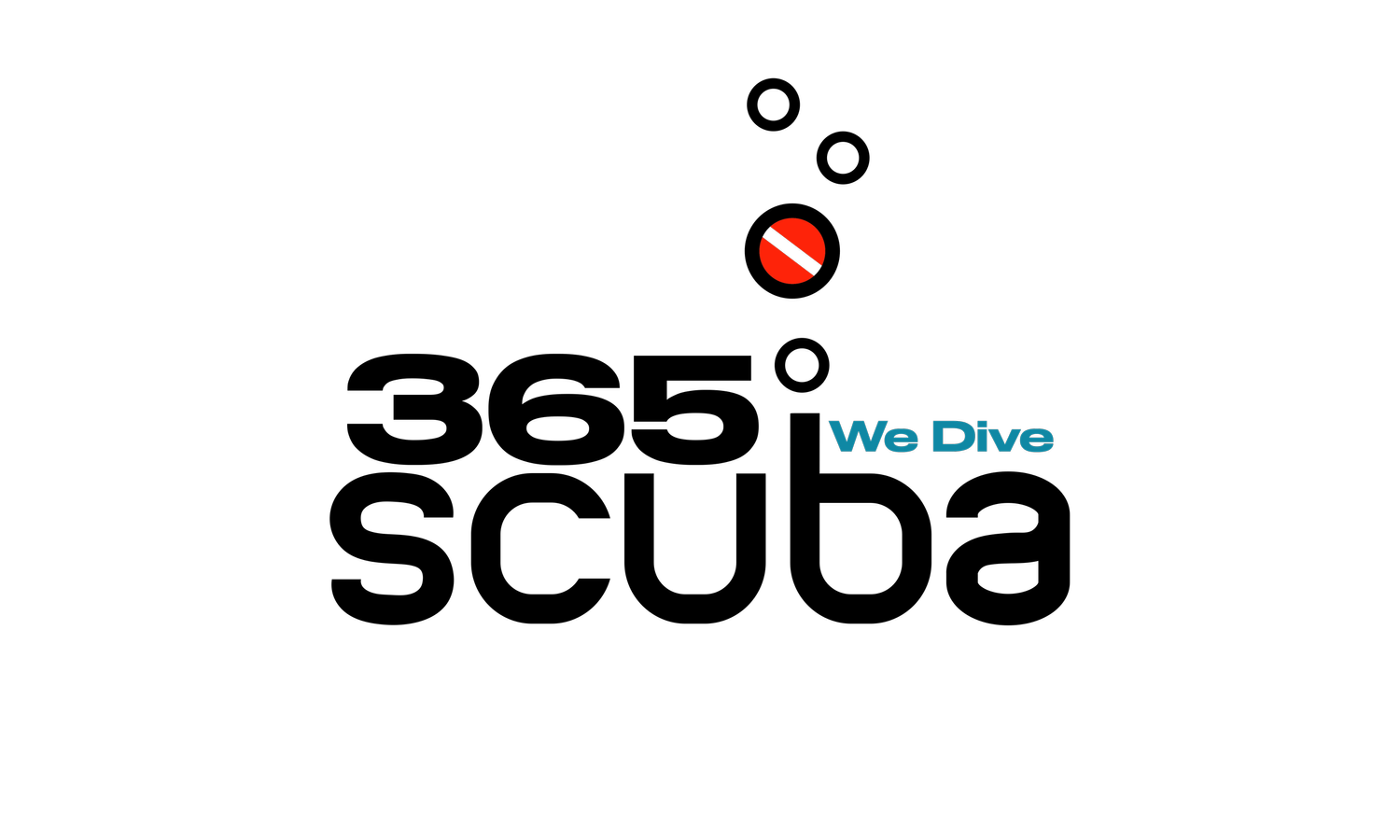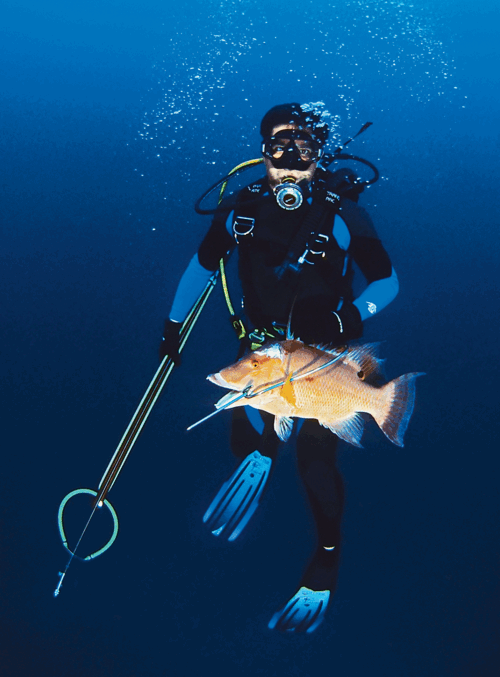How To Become A Good Underwater Hunter?
Becoming a good underwater hunter requires a combination of skills, experience, and knowledge. Here are some steps you can take to improve your underwater hunting abilities:
Obtain Proper Training and Certification: Before engaging in underwater hunting, it is essential to become a certified scuba diver. Enroll in a reputable dive training program that includes courses specific to hunting, such as a spearfishing or underwater hunting specialty course. These courses will teach you important techniques, safety procedures, and ethical considerations specific to underwater hunting.
Master Diving Skills: Develop strong foundational diving skills, including buoyancy control, navigation, and underwater communication. These skills are crucial for safe and successful hunting. Practice regularly to become comfortable and proficient in your diving abilities.
Learn About Marine Life: Study the behaviors, habits, and habitats of the marine species you intend to hunt. Understand the local regulations regarding hunting and protected species. Learn to identify different species and their specific hunting restrictions or seasons.
Improve Freediving Skills: Underwater hunting often involves freediving, which is diving without the use of scuba equipment. Work on improving your breath-holding abilities, relaxation techniques, and underwater swimming techniques. Consider taking freediving courses to learn proper breath-holding techniques, equalization methods, and safety protocols.
Use Appropriate Equipment: Invest in quality underwater hunting equipment, such as a speargun, polespear, or Hawaiian sling, depending on your preference and local regulations. Ensure your equipment is well-maintained, properly calibrated, and suitable for the hunting conditions you will encounter.
Practice Target Shooting: Regularly practice target shooting with your chosen hunting equipment. This will help improve your accuracy and aim. Set up targets underwater or participate in target shooting competitions to challenge and refine your skills.
Dive with Experienced Hunters: Dive with experienced underwater hunters to learn from their techniques, observe their approaches, and gain insights into successful hunting strategies. Observe how they stalk their prey, approach their targets, and execute clean and ethical kills.
Respect the Environment: As an underwater hunter, it is essential to respect the marine environment and follow sustainable hunting practices. Abide by local regulations, adhere to size and bag limits, and avoid hunting endangered or protected species. Remember to only take what you intend to consume and leave the rest of the ecosystem undisturbed.
Dive Safely: Prioritize safety during your hunting dives. Dive with a buddy, communicate effectively, and follow proper safety procedures. Be aware of your limits, monitor your air supply and dive time, and always dive within your training and experience level.
Continual Learning and Improvement: Underwater hunting is a skill that develops over time and with experience. Continue to learn, practice, and improve your hunting techniques. Seek feedback, reflect on your dives, and adapt your approach based on your experiences.
Remember that ethical hunting practices, safety, and conservation should always be paramount when engaging in underwater hunting. Respect the marine environment, promote sustainable practices, and enjoy the thrill and challenges of underwater hunting responsibly.


